“I am originally from Bhutan,” said Kharka Basnet, program manager for the Society of Bhutanese of High Point. “It was a Himalayan kingdom; it was very nice. I was only 15 when I left, but I can still remember a lot of things.
“I came (to Nepal as a refugee) in 1992, and here I studied. I got an education, and after that, I started teaching. (There) was not any hope (of returning to Bhutan). So I just mobilized my father and my mother, (and) I came to United States on December 7, 2009, with my family.”
Basnet is just one of over 100,000 refugees who fled Bhutan in the early 1990s. Prior to then, Bhutan had a substantial population of people of Nepali origin called Lhotsampas — although that name is rarely used in writings about the refugee community in the U.S. — who had been living in the country since the 1800s. They still spoke Nepali and held onto large portions of their Nepalese culture. When the government of Bhutan moved to unify the country culturally, the Nepali-speaking population protested and was expelled.
“My dad was a farmer,” said Kamal Dahal, a senior at the Rochester Institute of Technology, in a phone interview. “(He) was just a simple farmer.
“In 1992 there was an uprising (among the Nepali-speaking Bhutanese) demanding full rights as citizens, (but the Bhutanese government) didn’t quite like the idea of full rights for different ethnic groups.”
Dahal was born in the refugee camp in Nepal, where the Bhutanese refugees lived for almost two decades as citizens of neither country.
After it became clear that Bhutan would not allow them to return, the United Nations began discussions with a number of countries, including the U.S., about resettling the Nepali-speaking Bhutanese. The first Bhutanese refugees arrived in 2008. According to the International Organization for Migration, there are over 75,000 in the U.S. today. They are among a lucky few of global refugees.
“Approximately 1 percent of displaced individuals in the world who meet the definition of a refugee are never resettled in a safe third country,” said Director of the Humanitarian Immigration Law Clinic at Elon Heather Scavone, ’03, in an email interview. “An entire generation of Bhutanese refugees has been born and grown up in Nepal, totally stateless, waiting to be resettled.”
For many refugees arriving in the U.S., it is only the beginning. Among major issues, including learning English and gaining citizenship, are loss of their language and education, as well as mental health issues. There have been higher rates of suicide among the Bhutanese than other refugee groups. Few organizations are addressing these national issues on a local level. In High Point, the organization World Relief helps refugees when they arrive, but that support only lasts for the first six months.
In order to take over where World Relief aid ends, the Society of Bhutanese in High Point was started in September to address these issues for the 100-125 Bhutanese families in the city.
“We just started in September 2014,” said Jiwan Pradhan, president of the SBH. “We are trying to organize an intercity soccer tournament in High Point. (We) already started citizenship classes and English classes. (Also,) we talk to Andrew Young, Bonner coordinator at Guilford, and we are trying to come up with some kind of support.
“(We) have the energy, the strength and the commitment to help the people. But we don’t have a place. We don’t have transportation.”
The SBH may be new and limited in their materials, but they are growing. Recently, they have been reaching out to the city of High Point for assistance in addressing mental health after the suicide of Nar Dorji, a Bhutanese refugee who had moved to High Point in December 2014.
“After being discharged from the hospital, he started getting hospital bills about more than $100,000,” reads the case study published by the SBH on Dorji’s suicide. “Slowly and gradually, he is depressed … Due to illiteracy and no proper health education, his family also could not figure out (the) growth of (his) depression.”
He committed suicide on March 28.
To address some of these factors, the SBH scheduled a meeting with Al Heggins, High Point’s human relations director.
“We talked about (how) we can bring awareness to the community,” said Dev Bhandari, SBH vice president. “They were positive. They say that we, jointly, are going to bring awareness meetings to the apartment complex, and the city of High Point is willing to give the city hall to any kind of awareness program as long as we are willing to bring our community over there.”
In addition to their work in mental health awareness, SBH is also trying to expand to offer Nepali lessons to the younger generation.
“Our language is disappearing,” said Pradhan. “The government of Bhutan banned the Nepali language in 1988, so we are not allowed to speak Nepali in Bhutan. (And) when we raised our voice about our freedoms, about (language) protection, we had to become refugees, and we have been in the refugee camp for the same reason. (But) here, after our resettlement, I see that the language is disappearing.”
These are only a few key issues facing the community. There are still many others.
Many Bhutanese refugees, even with college educations, are employed in minimum-wage jobs. This may contribute to the fact that many Bhutanese students do not continue on to college.
“The kid who’s supposed to go to college … doesn’t to go to college because he (thinks) it has no use,” said Bhandari. “When people from Nepal come here with a degree, the kid who just got out of high school and the (one) who just graduated with a bachelor’s degree form Nepal do the same exact job.”
The SBH is the main organization currently working in High Point on these issues. However, there are limits to what they can do. Other people and organizations — including Guilford students — also do work in the community.
“I am doing a book club for kids in my community,” said first-year Mamta Gurung. “We go to a library once every other week. It is very important. I guess, it is (so) important because my community, my people, they are very busy with their work and they don’t know a lot of things. (They) don’t have a lot of information (that allows them to go) to a library (and) have resources there.”
Others are reaching out to an even wider audience.
“I’m trying to create a Facebook page right now so I can help all the Nepalese in high school, like the Bonner site Roads to College,” said first-year Achut Thapa. “I’m trying to create the same thing but for all over America, (and) I’m actually working with a couple of people from Ohio. They are really excited about it.”
Despite the host of issues facing them, most of the people interviewed seemed optimistic about making changes in the local community.
“I am learning,” said Bhandari. “I am learning new stuff, new laws and rules and regulations and everything. You know, (after) living over there for 20, or 19 years, in Nepal (with) no electricity, no toilet flushes, no purified water, no transportation and going to school where the school is made of bamboo, thatch and plastic, (I’m) learning it is better life over here. I take every challenge as positive challenge. (The SBH are) trying our best to help the community. I’m just trying to do something good.”
[photomosaic nggid=241]





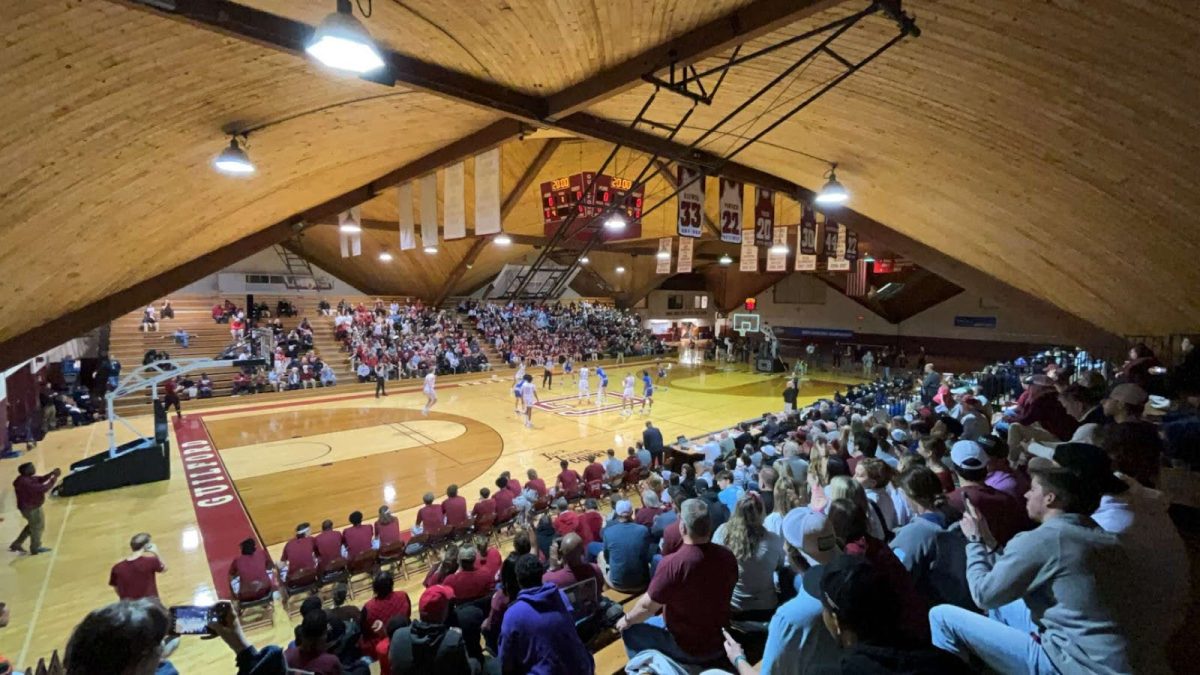
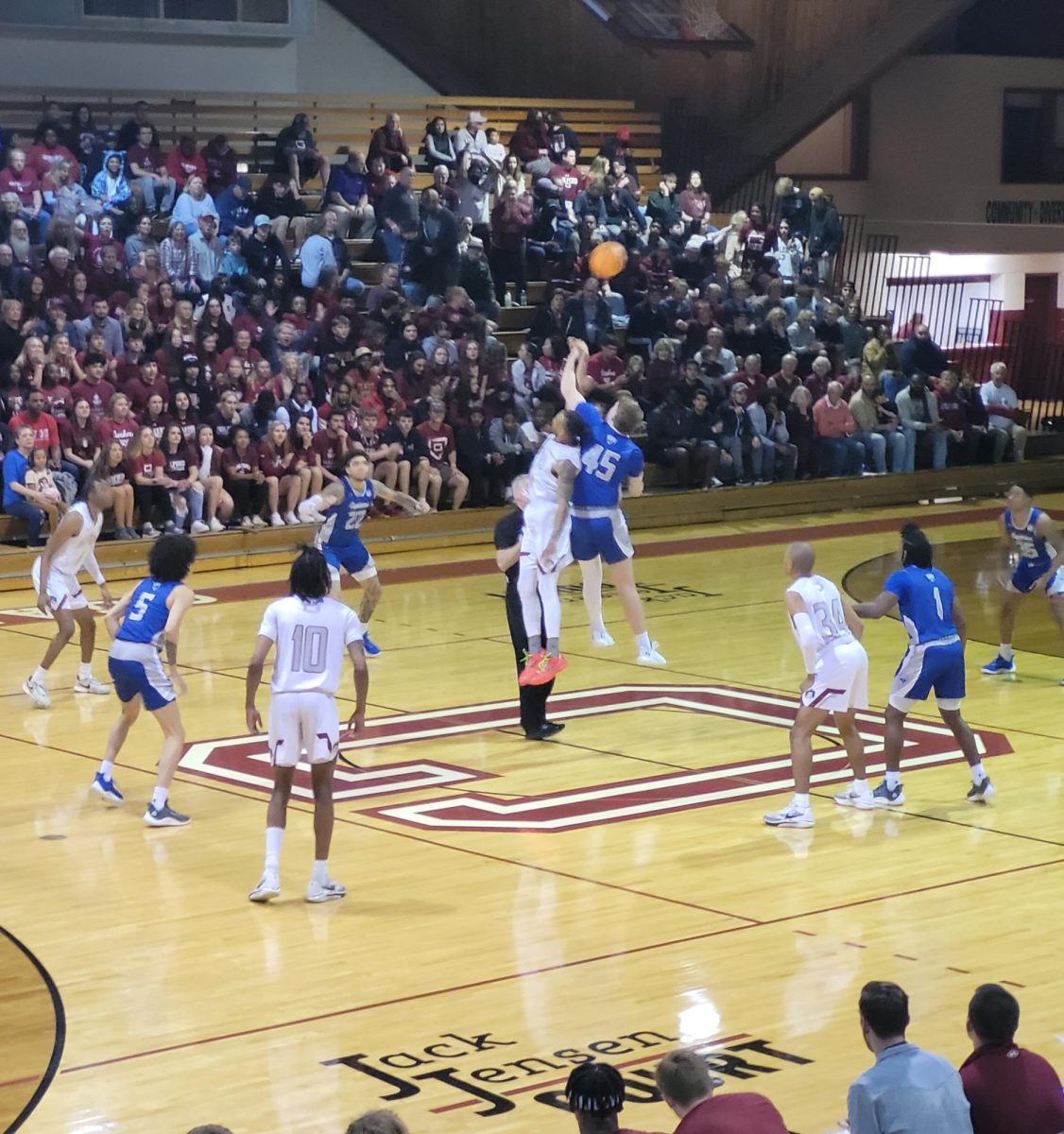



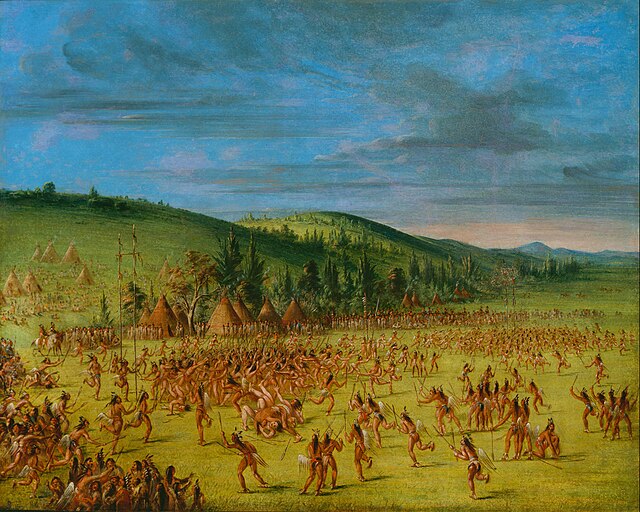
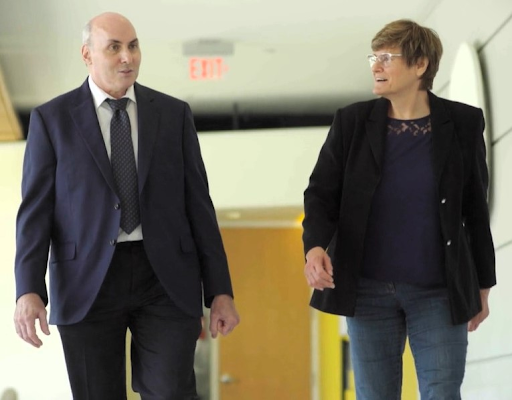
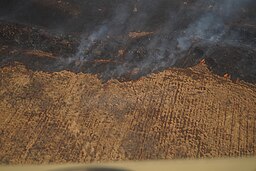

Andrew J. Young • Apr 25, 2015 at 7:56 am
We rarely hear voices of newcomer college students in our area speaking about the very special challenges they take on in the interests of their community. Unless institutional Guilford and the larger campus identify them, their efforts, if heard at all, are relegated to “extracurricular activities” — at best, interesting asides to the main business of being here at Guilford. What a mistake! Freshmen Mamta and Achut are pioneers for the Bhutanese-American community.